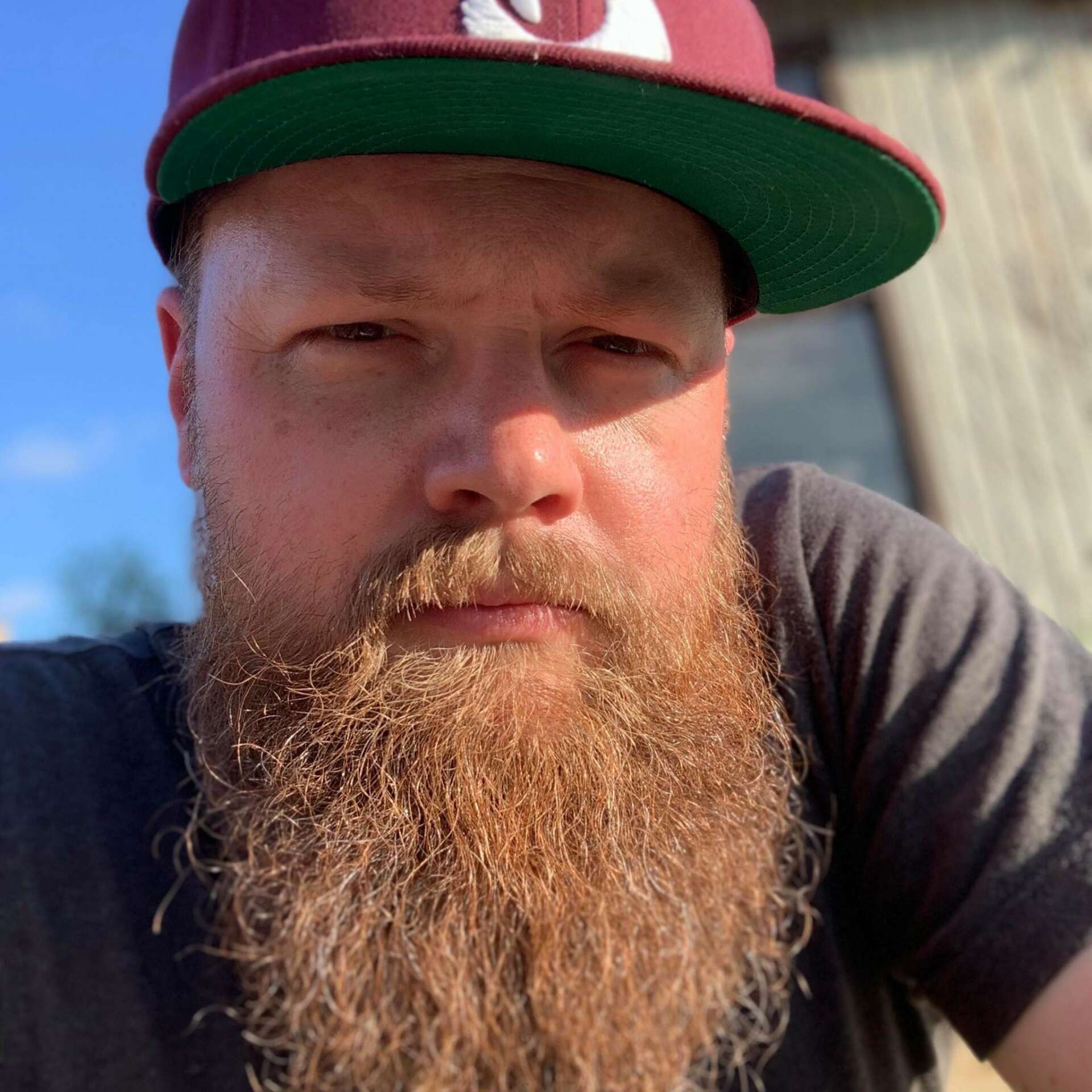We caught up with the brilliant and insightful Chris Prunckle a few weeks ago and have shared our conversation below.
Chris, thanks for taking the time to share your stories with us today How did you learn to do what you do? Knowing what you know now, what could you have done to speed up your learning process? What skills do you think were most essential? What obstacles stood in the way of learning more?
It all starts with being extremely stubborn. When I was five, I used to color all the time. My dad, who dabbled in art when he was a kid, took all my coloring books away and gave me stacks of blank paper, telling me to “draw my own pictures and color those instead.” I was little though, so my art was horrible. Instead of just quitting though, I stuck with it and just kept practicing. It’s how I’d entertain myself. So, for years, whether at home or at school, I’d draw in any downtime that came my way. By the time I was about nine, teachers and other kids started noticing me for it. It was about the same that I started becoming obsessed with comic books and I picked up the book “How to Draw Comics the Marvel Way.” That book has been pivotal to my understanding of anatomy and dynamic composition, for better or worse.
The reason I state it that way is ultimately my love of comics and the desire to draw them one day stifled my growth as an artist. See, all I wanted to draw were comics and superheroes. I had little interest in learning fundamentals and picked up numerous bad habits. To this day I still find myself tripping on old art tropes I picked up that are fundamentally wrong but used them because they “looked cool.” No matter how great other artists could pull them off, mine never looked right because I didn’t understand the rules of anatomy to properly implement them. I never pushed myself out of my comfort zone, so my art often read as stiff or just “off.”
I also limited myself to working in pencil way too often. The fear of investing time and making a mistake I couldn’t undo kept me from experimenting with other mediums. This was a bad habit that followed me into my adult life and took a lot of time to break out of. It’s part of the reason why I refuse to work primarily digitally. The lure of the undo button is too tempting, causing a failure to commit.
Ultimately, I wish I would have understood earlier in my life how important it is to remove yourself from your comfort zone while creating. Over the last few years, I’ve noticed a ton of growth due to experimenting more with other media, especially paint and marker. There should be no reason to fear mistakes, though I still find myself falling into that trap. The only way to learn is to be brave in your experimentation. Push yourself to try new things, while also continually learning from the world and artists around you.
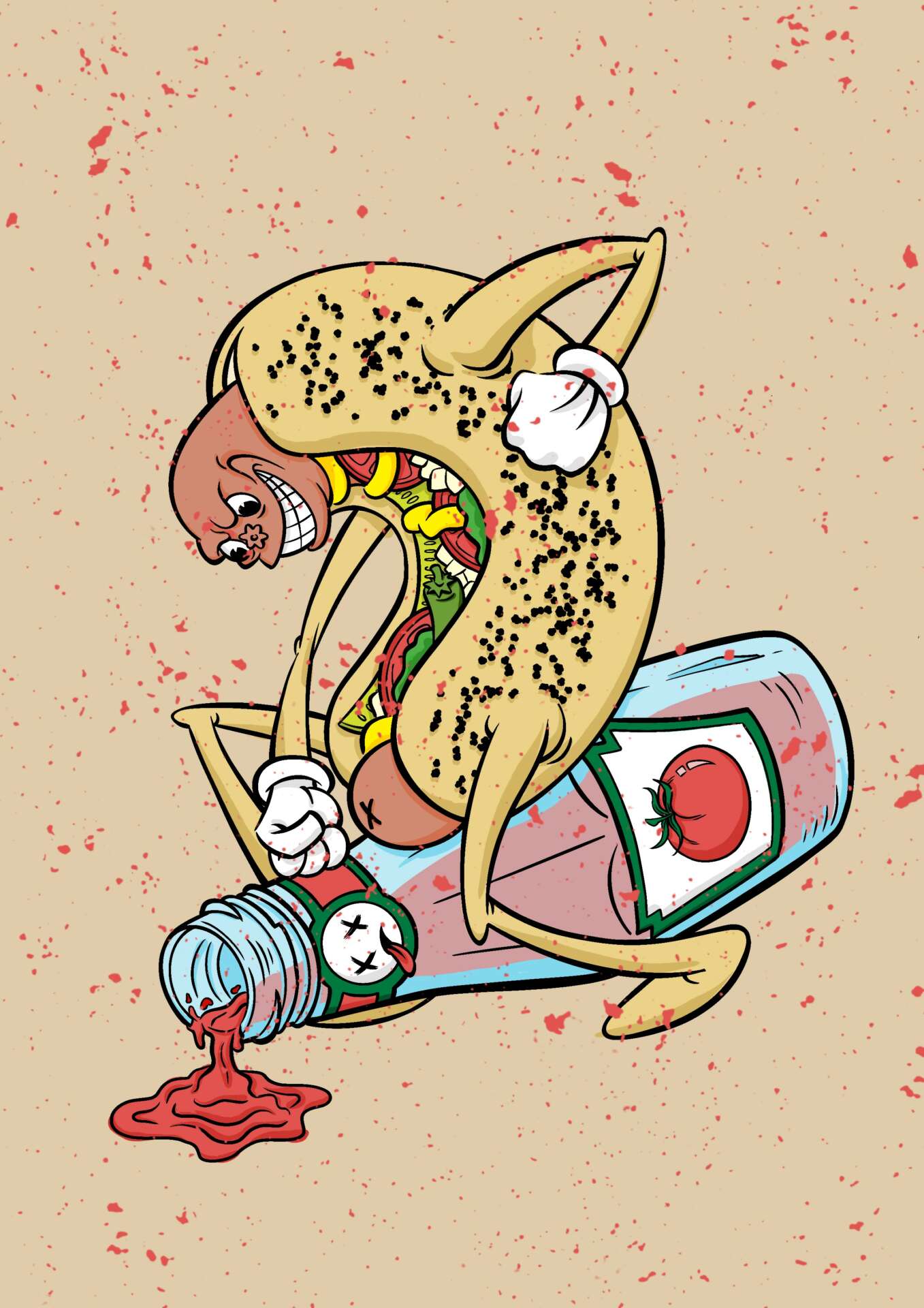
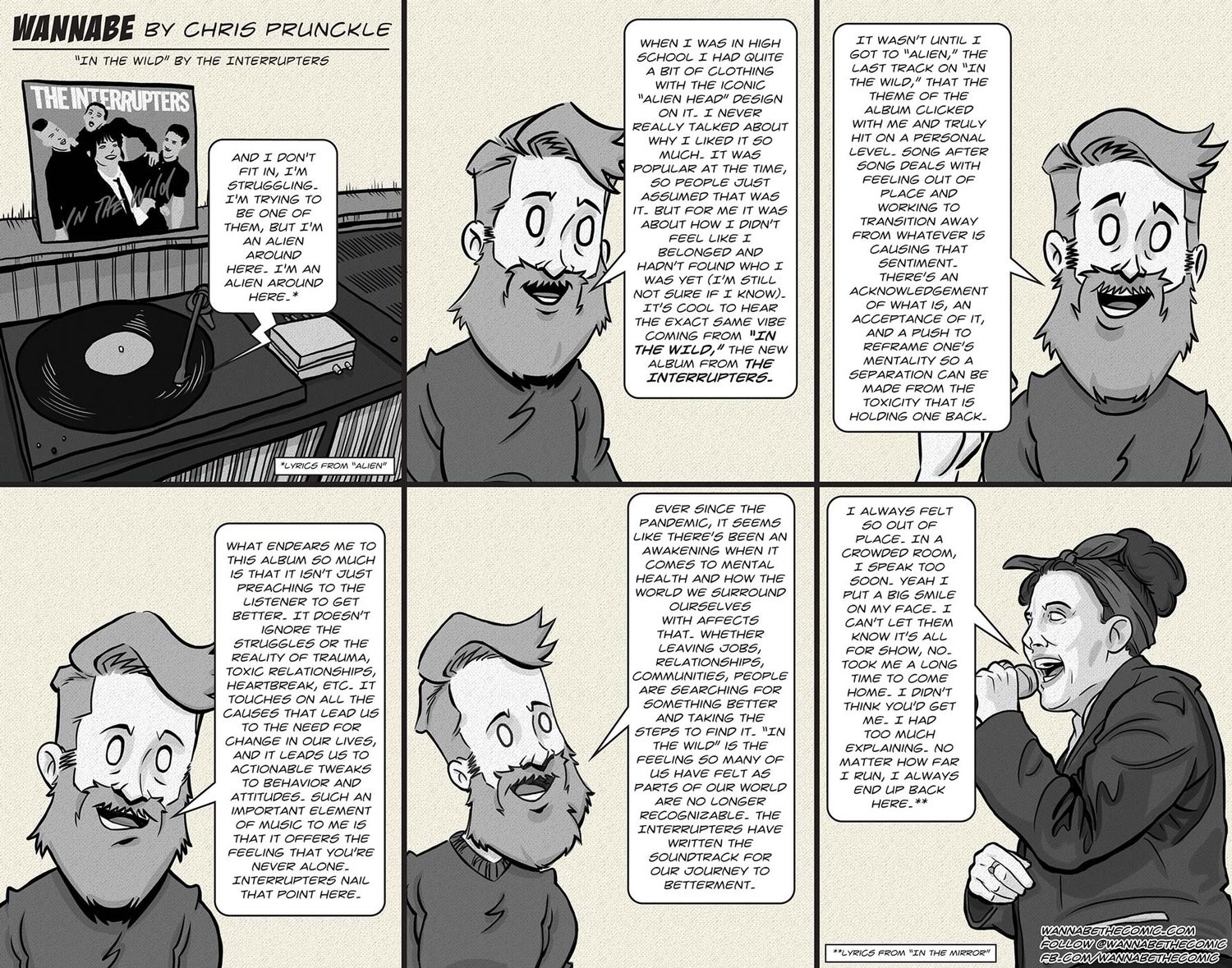
Chris, love having you share your insights with us. Before we ask you more questions, maybe you can take a moment to introduce yourself to our readers who might have missed our earlier conversations?
My day job is as the Studio VP for an Ad Agency. Despite always wanting to be an artist, I also knew that living is expensive and the wild west nature of working as a freelance artist was a level of anxiety that I was not willing to adopt. I pursued the typical route of college after high school, got a “real” degree as my parents insisted, and spent years trying to crack into the advertising industry. Eventually after a lot of hard work, I got my opening, and have been spending my days working away doing an assortment of creative tasks such as design, illustration, story boarding, etc. ever since. Though it may not have been the career I longed for, this was a choice that satisfied my needs and allowed me to pursue my true passions after hours. That’s a bit of advice I’d give any creative person. Pursuing your art for a living is great and a virtuous path, but eating is essential too. If you can find a balance by having a career that fulfills your basic needs and you don’t hate, while also finding time to pursue your passions outside of the “workday,” you can still achieve happiness.
After 5pm that the artist in me gets its true time to shine. I’m one of those “Jack of All Trades, Master of None” type of artists, so work across a variety of media and disciplines. I have a tendency to get bored easily, so I’m constantly switching up my focus.
I produce a weekly web comic called “Wannabe” where I review new music in a six-panel comic strip format. I had a publishing company reach out to me years ago about wanting to start up a web comic division. There was a bit of trial and error at first as I tried to find my voice and the path I would take the comic on. A chance conversation with a musician buddy led me to turn my love of music into an art form that benefited both myself and the musicians who inspired me. One crucial criteria I adopted for Wannabe was that I’d only cover albums I truly enjoyed. We live in a world cursed with negativity, and let’s face it, it’s far easier to bash something than it is to praise it. Plus, as an artist, I didn’t want to spend my time putting someone else’s art down. There are so many wonderful musicians out there putting these beautiful albums into the world that people don’t even realize. That was what I wanted to focus on and why those albums were relevant to me. By the end of 2022 I will have released 300 comics, each one discussing a different album. That’s a feat I’m pretty proud of.
Aside from the comic, I have found a true love for watercolor painting. It was a passion I discovered a few years back that has just continually grown. It’s almost a weird meditative practice for me and I find that when I’m stressed, it can be a great escape from all the nonsense.
I don’t do as much freelance design work as I used to, but I’ll still do an occasional beer label, shirt, or album cover design. This is where the security of a day job has really come in handy for me. I have the ability to choose the specific projects I want to work on. I don’t have to take on the difficult clients, nightmare designs, or negative attitudes that so many other artists deal with. My art has still been able to be a passion for me, and I plan to keep it that way.
I also curate a monthly art show with my partner in our hometown. It’s been a great way to push my art while getting to meet and hang out with other artists.
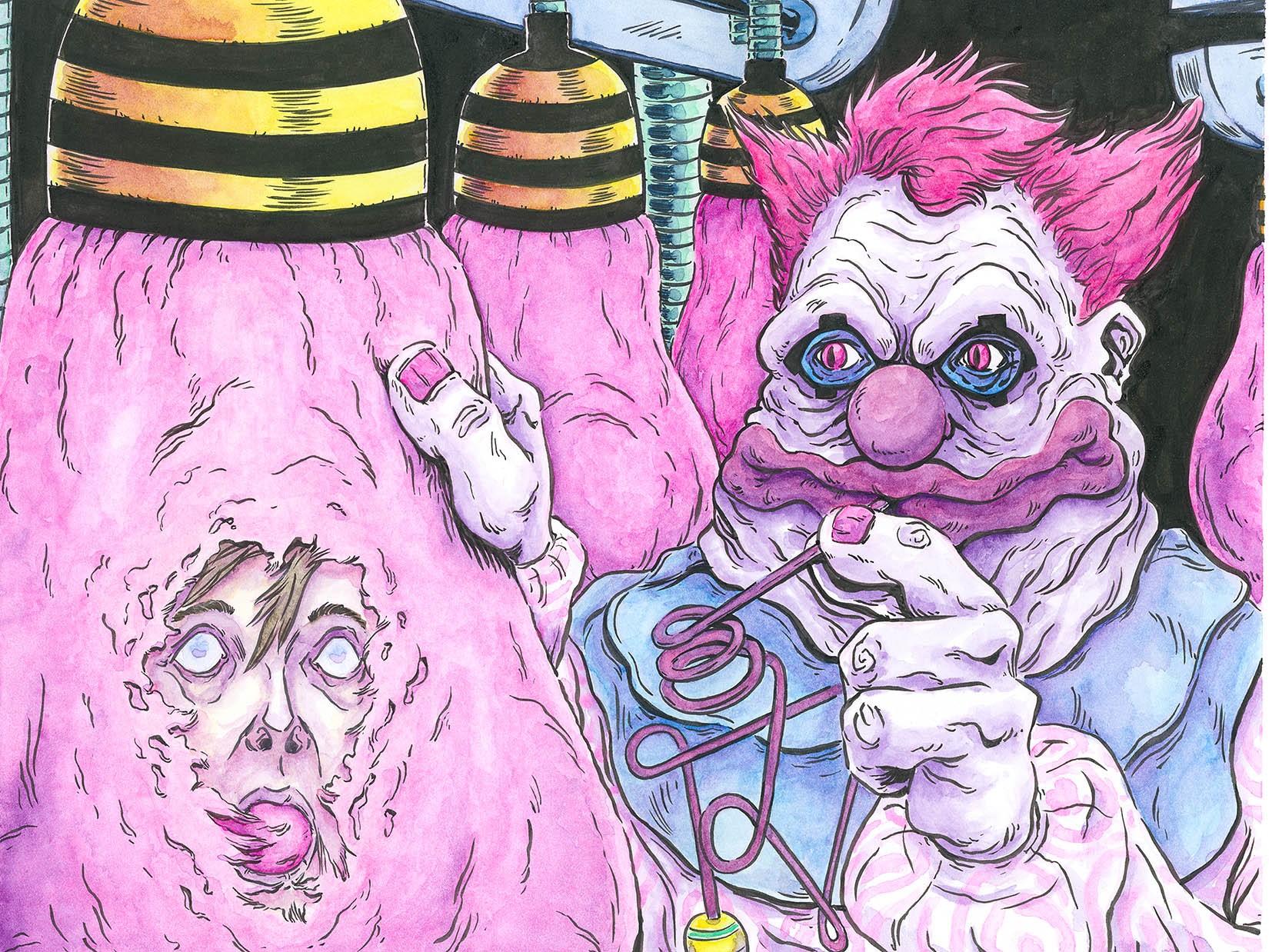
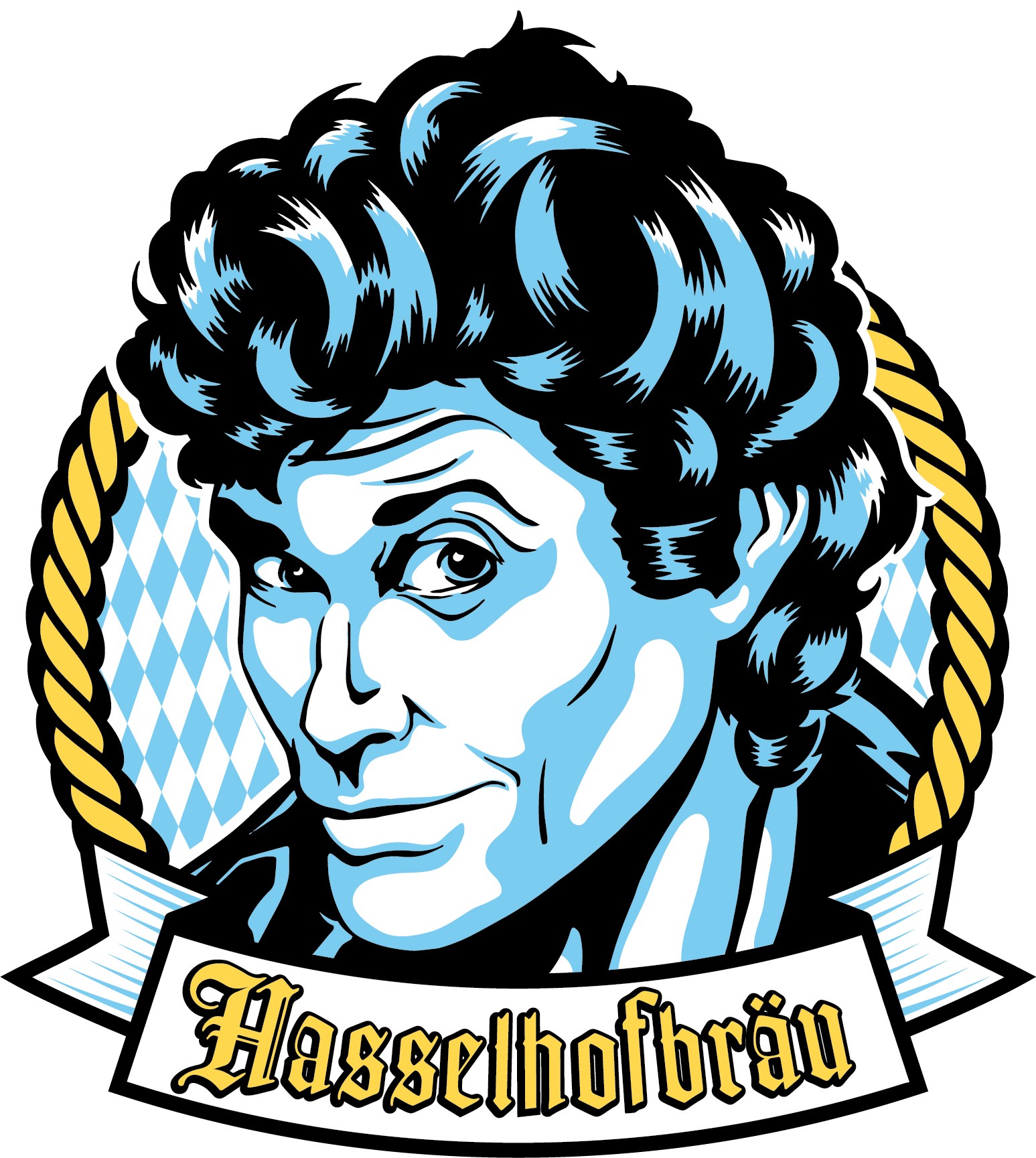
Can you share your view on NFTs? (Note: this is for education/entertainment purposes only, readers should not construe this as advice)
I get the idea behind them and think they provide an opportunity for digital artists to create a truly one of a kind piece. That’s awesome, but that’s where my appreciation of them ends.
Big picture, I think they’ve become a force of corruption in art and de-legitimized the art form more than helped it. There are two big examples of what has led me to feel this way. One is taking what is essentially the same art and changing minor elements of it to make it “unique.” This is not one of a kind. You’re a scam artist milking people and giving creators that actually produce one of a kind works a bad name. The other is how many artists have had their work stolen and turned into an NFT by thieves. Ultimately, that’s who I’ve seen benefit most from NFT’s. It’s not the creators, but scam artists that have taken advantage of gullible people hopping on a new trend.
My most infuriating personal experience is the amount of people that have asked me if I have an NFT of an original painting. No. The answer will always be no. Because I already have a one of a kind copy and you’re looking at it. What possible reason would I have to take a real physical work of art and turn it into a digital copy. You want one of a kind, buy the painting.
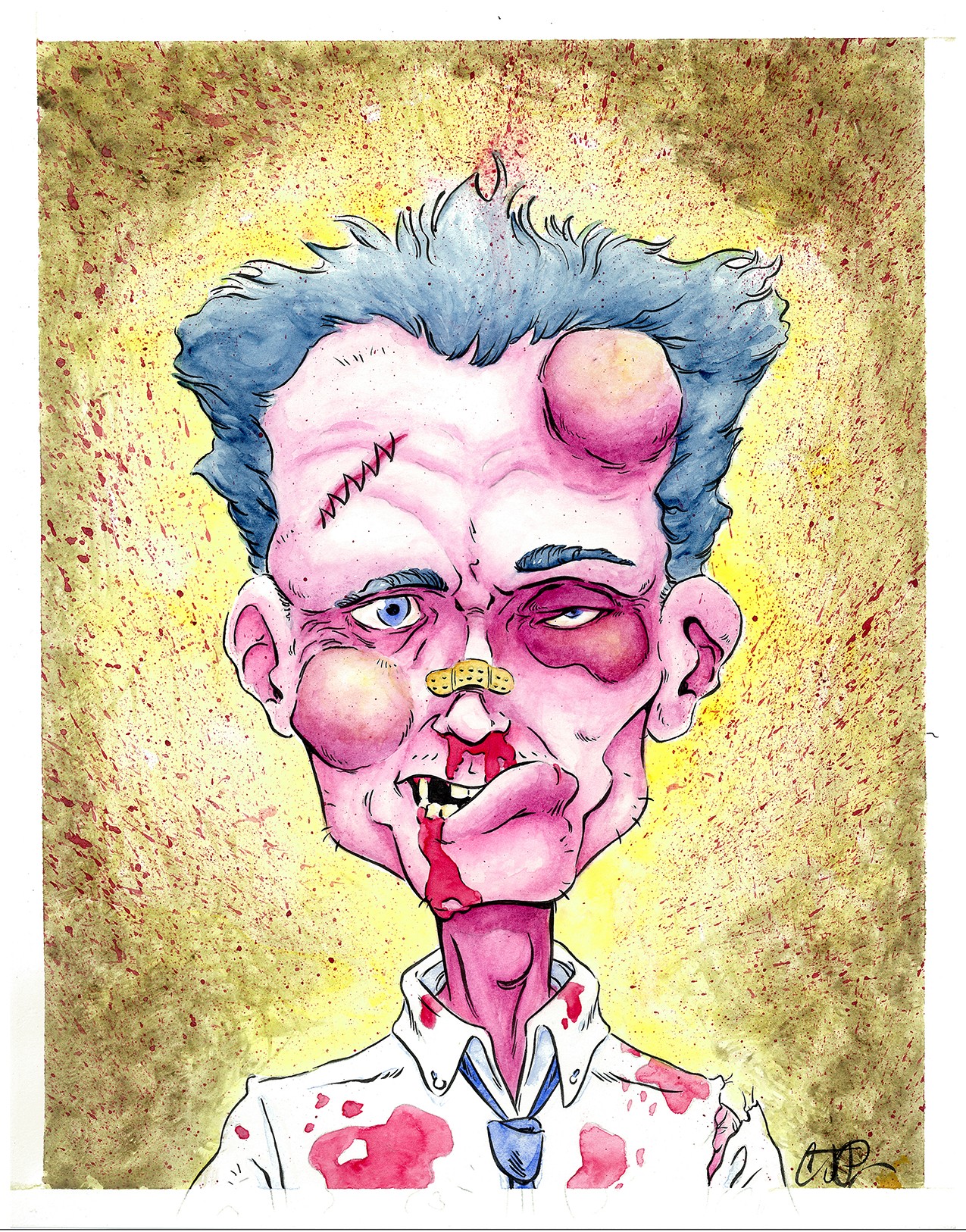
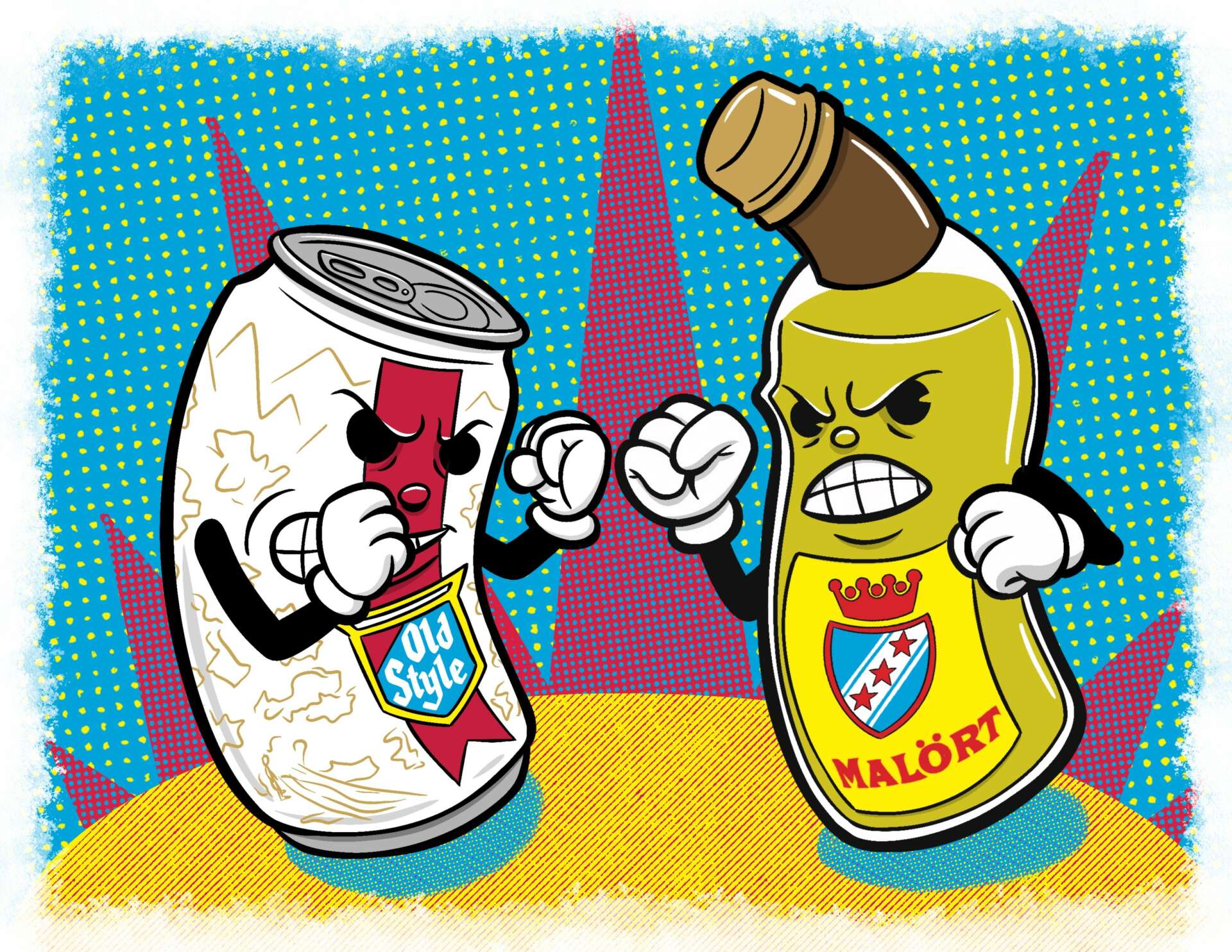
In your view, what can society to do to best support artists, creatives and a thriving creative ecosystem?
The biggest thing the public can do is support art with their wallets. Exposure doesn’t put food on the table. “Live Laugh Love” doesn’t make you unique. Buy something from someone that created it with their hands. They put their blood, sweat, and tears into that piece. It is alive with their essence, and by buying it you are possessing a tiny piece of them. That piece of them is made up of not just the hours they spent specifically working on that piece, but the cumulative hours they spent learning and honing their craft. And I’m not saying society needs to spend a fortune, though if you got it, artists would surely appreciate it. But most artists are branching out now. They have prints, shirts, pins, magnets, etc. Help them out. When you’re buying gifts for people, consider supporting an artist as opposed to dropping your money at a box store or website run by millionaires. Use your money to support cool things and interesting people.
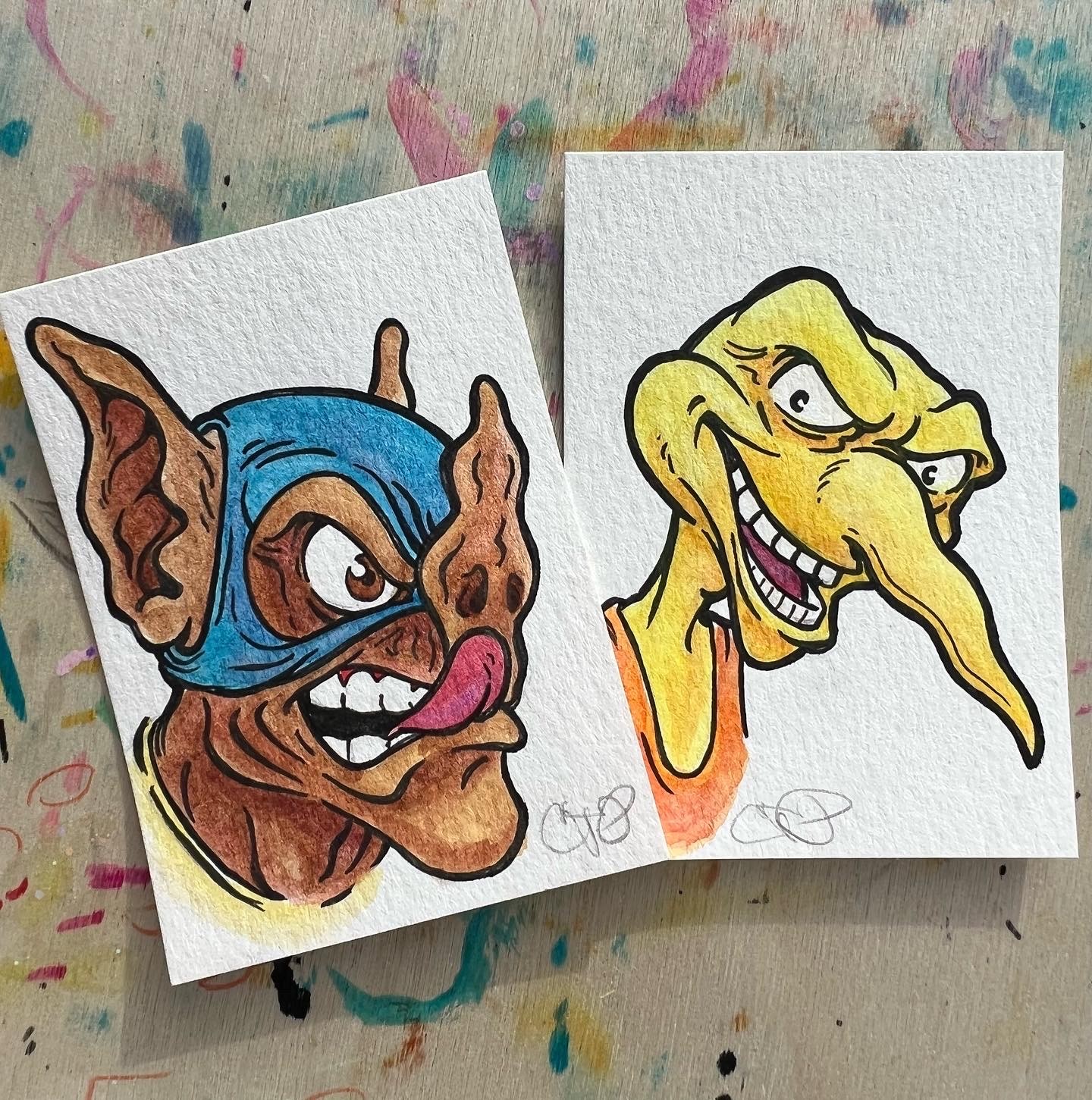
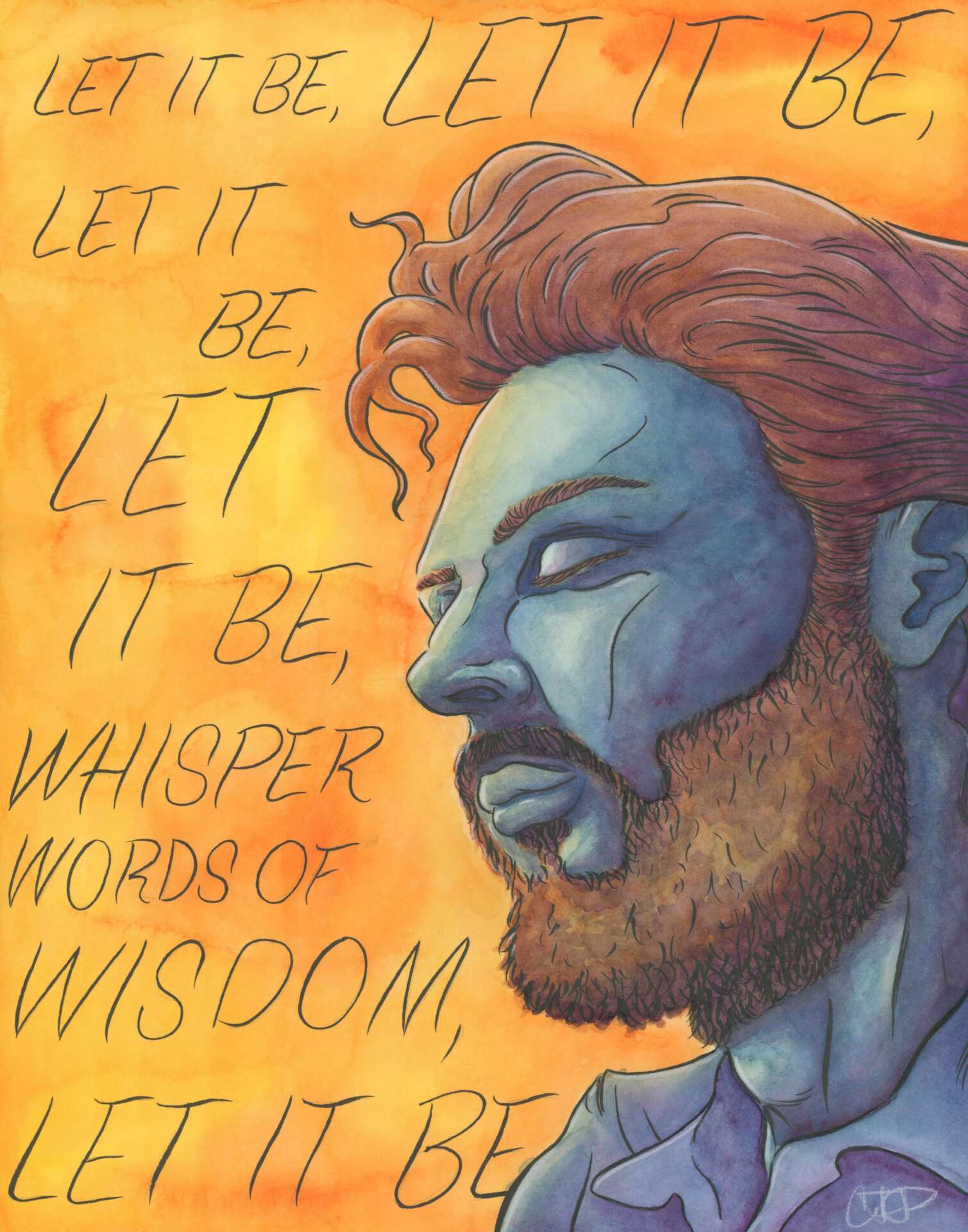
Contact Info:
- Website: www.wannabethecomic.com
- Instagram: @wannabethecomic
- Facebook: facebook.com/wannabethecomic
- Linkedin: linkedin.com/in/cprunckle/
- Twitter: @wannabethecomic
- Other: Hive: @wannabethecomic


